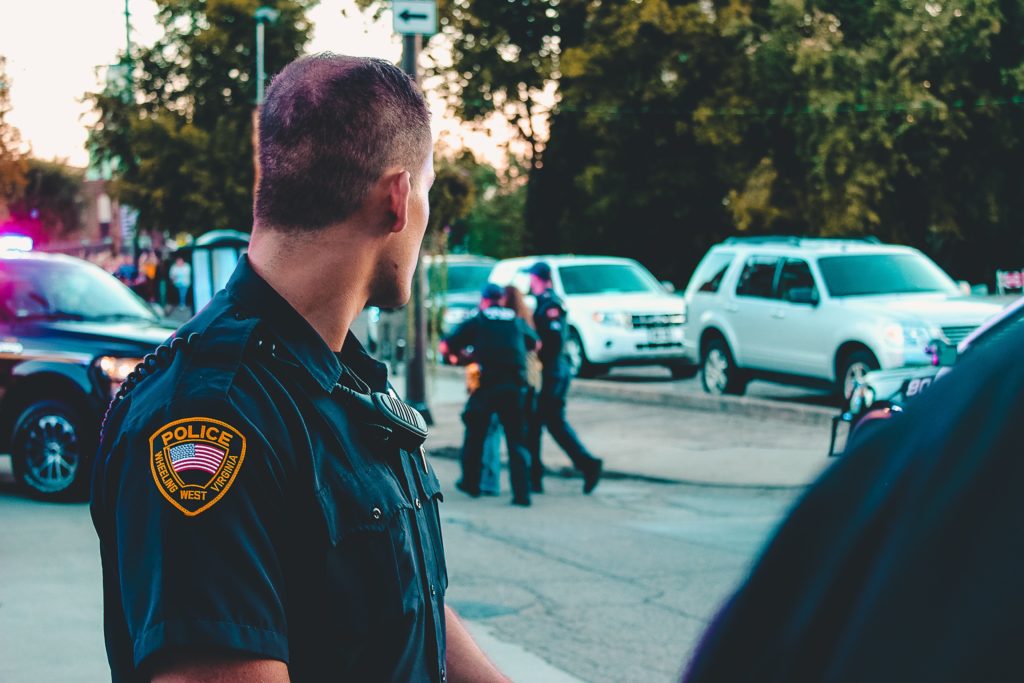Police in Canada have broad powers to arrest individuals whom they encounter. An arrest is a powerful tool that has serious legal implications for the arrested person. Importantly, an arrested person is not free to leave police custody and can no longer freely go about their business. Attempting to escape a lawful arrest can result in criminal charges, not to mention an unpleasant encounter with police.
Fortunately, everyone under arrest by police is entitled to several constitutionally guaranteed rights. This blog post seeks to explain these rights:

1. The Right to Remain Silent
Everyone, including an arrested person, has the right to remain silent. A person under arrest is not obligated to say anything to the police. If an arrested person does say something, anything they say can be used against them in court. On the other hand, if the arrested person chooses to remain silent, their silence cannot be used against them in court.
However, a person who is arrested must give police their name, date of birth and address. The person arrested must provide truthful information. If they lie to police about their name, date of birth or address, they could be charged with a criminal offence.
2. Right to Know the Reason for Arrest
The police must immediately tell a person why they are under arrest. Police must say what offences they believe the arrested person has committed.
Police do not have to provide detailed reasons for the arrest.
Police do not have to explain why they think the arrested person is guilty of an offence.
3. Right to Speak to a Lawyer without Delay
An arrested person has the right to speak to a lawyer, without delay. The police must inform the arrested person of this right. Police must also tell the arrested person of the existence of Legal Aid and that there is a duty counsel they can speak to. Police must ask the arrested person whether they want to speak to a lawyer.
Once someone has indicated that they do wish to speak to a lawyer, police have a duty to refrain from taking a statement from them until the arrested person has had a reasonable opportunity to speak to a lawyer. This means police should not at this point be encouraging an arrested person to say anything.
However, if the person voluntarily talks to the police, what they say can be used against them, even if they have not spoken to a lawyer first. The arrested person must remember that while they have the right to remain silent, that right is of little protection if the arrested person chooses to say something.
Sometimes an arrested person will tell police they do not want to speak to a lawyer, but then they change their mind. That is fine. Everyone is free to change their mind. However, the arrested person must make it clear to police that they have changed their mind and that they now wish to speak to a lawyer.
4. Access to a Lawyer (Phone)
Once an arrested person has indicated their desire to speak to a lawyer, police must provide a place where the arrested person can speak with a lawyer in private. This should be a private room with a telephone and phone books. The room is typically in a police detachment or a police van.
Arrested persons are allowed a reasonable amount of time to contact a lawyer. If there is trouble reaching the lawyer they want, the police must wait a reasonable time for that lawyer to call back. Police must continue to wait before questioning the arrested person or otherwise attempting to get evidence from them. If the arrested person wants to speak to more than one lawyer they are allowed to make more than one phone call. There is no such thing as a “one phone call” rule, as sometimes seen on TV.
5. Continuing Right to Silence and Police Questioning
Once the arrested person is finished speaking to a lawyer, or has indicated that they do not want to speak to a lawyer, police may try to question them and get a statement. Police may try to get the arrested person to speak even if the arrested person has said they do not wish to say anything. The police are allowed to try and convince the arrested person to change their mind and to talk. Regardless of what the police say, the arrested person still has the right to remain silent.
Police might pressure the arrested person or otherwise encourage them to talk. Police might say “it is in your best interests” or “we want to hear your side of the story”. However, anything the arrested person says could be used against them in court, whereas their silence cannot be used against them.
6. Right to Speak to Release
Police cannot hold an arrested person indefinitely. They must decide whether they are going to release the arrested person or take them to a bail hearing. If released directly by police, the arrested person will likely be given a Promise to Appear in Court and possibly an Undertaking to comply with certain conditions. The released person must comply with these conditions and attend court as directed, or they could be charged with further criminal offences for failing to comply or attend court.
If police are opposed to release, the arrested person must be taken to a bail hearing within 24 hours of their arrest. Everyone has the right to be represented by a lawyer at their bail hearing and can call a lawyer to get advice on how to proceed.
The information provided on this website does not constitute legal advice and should not be construed as such. Moustarah & Company does not guarantee that this information is accurate or up to date. As a result, should you require legal advice, please contact a lawyer.

